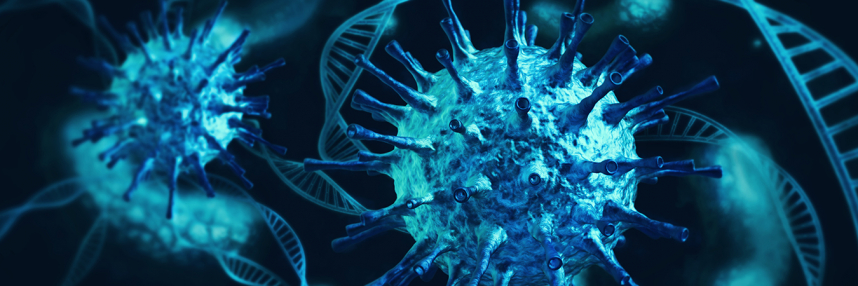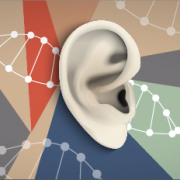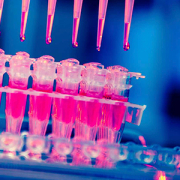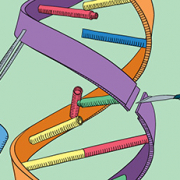Confirmed: Covid-19 vaccine response depends on our genes
New research has revealed that the efficacy of the Covid-19 vaccine depends on our genome
Research published this week by the University of Oxford has shown that people with a specific variant in one human leukocyte antigen (HLA) gene tend to produce more antibodies in response to the Covid-19 vaccine, and are therefore less likely to contract the disease after vaccination. The study, published in Nature Medicine, was developed in response to the University of Oxford’s Covid-19 vaccine clinical trials, during which participants had their levels of Covid-19 antibodies and other immune markers measured and were instructed to complete regular PCR tests following vaccination.
“From this study we have evidence that our genetic make-up is one of the reasons why we may differ from each other in our immune response following Covid-19 vaccination,” said the Wellcome Centre for Human Genetics’ Professor Julian Knight, the study’s chief investigator. “We found that inheriting a specific variant of an HLA gene was associated with higher antibody responses.”
Research conducted earlier in the pandemic showed that a person’s genome affects how likely they are to become seriously ill from a Covid-19 infection; however, this latest research is the first to directly address the ways in which a person’s genome affects their vaccine response.
Clinical trial findings
During the University of Oxford vaccine clinical trials, a genome-wide association study analysis of 1,190 DNA samples from trial participants identified that those with the HLA-DQB1*06 allele (a variant of the gene that codes for the HLA-DQ beta protein) on average produced more antibodies in response to Covid-19 vaccines, and were less likely to test positive for Covid-19 in the 16 months after being vaccinated than participants with other variants of the same gene.
To confirm these findings, researchers also looked at a further 1,677 samples from participants of a separate clinical trial, some of whom had had the Oxford-AstraZeneca vaccine and some the Pfizer-BioNTech vaccine. These vaccines have different mechanisms of action, but both use the Covid-19 spike protein to prime the immune system. The results were the same across both groups.
HLA genes are known to play an important role in the immune system. They code for proteins that are essential in presenting antigens to immune cells, and help our bodies distinguish our own proteins from those made by bacteria or viruses. They are also some of the most variable parts of the human exome, with each gene having a large number of possible variants – some over 100. Around 40% of the UK population carries the HLA-DQB1*06 variant.
Implications for the future
The researchers point out that this research was undertaken early in the pandemic, meaning that the strains of SARS-CoV-2 under investigation were the original strain plus the alpha and delta variants, which were the most common at that time.
Discussing the findings, Professor Knight emphasised the need for further work to help researchers “better understand the clinical significance of this specific association, and more broadly what identifying this gene variant can tell us about how effective immune responses are generated and ways to continue to improve vaccines for everyone.”
Wellcome Centre for Human Genetics group leader Dr Alexander Mentzer, the study’s lead researcher, added: “We hope that our findings will help us improve vaccines for the future, so they not only stop us developing severe disease, but also keep us symptom-free for as long as possible.”
–









